HIIT training has been the new kid on the block for a while now. HIIT stand for High Intensity Interval Training.
There are multiple benefits of HIIT training and we’ll look at why high intensity interval training (HIIT) works.
We all know exercise is important but too many of us these days have a packed schedule. So how do we get our exercise if we don’t have much time? … Through HIIT.
In this article, we’ll look at some HIIT workout benefits, answer commonly asked questions and finally check out how to get set up in your home for these workouts.
How Does HIIT Work?

It involves short bursts of maximum effort exercise with a longer period of recovery.
For example, a HIIT workout might stipulate that you do 30 seconds of jumping jacks with maximum effort and 1 minute of jogging in place with half of your maximum effort. You would usually repeat this interval many times before moving on to another exercise.
You can also do HIIT while running, swimming, or biking. The specific kind of exercise is not as important as the level of intensity.
HIIT Workout Benefits

HIIT has received a lot of attention from the media because the workouts are quick yet efficient. A typical HIIT workout takes less than 30 minutes and burns around 25-30% more calories than doing aerobic exercise for the same amount of time.
In addition to providing the aerobic and calorie burning benefits, HIIT will impact your metabolism after you exercise. After a workout, your body prioritizes using stored fat for energy rather than carbs, helping you to lose weight.
Long term, a HIIT program can cause impressive changes in your biology. HIIT increases your endurance through improving your muscle’s ability to use oxygen. Your blood pressure and heart rate will decrease as your circulatory system becomes more efficient. It can even reduce your risk for Type II diabetes by lowering your blood sugar.
It also improves your mental health. Short 8 to 10 minute HIIT sessions performed regularly over 2 months can increase your overall psychological well-being, productivity, and body image.
HIIT Questions Answered
Why High Intensity Interval Training HIIT Works

The reason why high intensity interval training HIIT works has to do with the chemistry inside your body. Using cycles of rest and high intensity allows you to spend more time at your maximum heart rate than in a traditional workout.
This triggers your body to tap use anaerobic metabolism to supply energy to the muscles, but the body quickly switches back to the aerobic system during recovery. As your workout progresses the energy needed for your body to operate anaerobically will deplete, and you will rely more on your aerobic system.
Anaerobic exercise occurs when your oxygen demand exceeds your oxygen supply. Without oxygen, your body breaks down glucose (sugar) into ATP (energy) and lactic acid (byproduct). It is impossible to maintain this kind of exercise for more than a few minutes because lactic acid is toxic above a certain threshold.
Aerobic exercise occurs when your body has sufficient oxygen. During aerobic exercise, your body uses oxygen to break down macronutrients to create ATP without producing lactic acid.
Both anaerobic and aerobic refer to a type of metabolism— that is a set of chemical processes that maintain life. Switching between these metabolic processes allows you to improve both your aerobic and anaerobic systems.
How Much HIIT Should I Do?

Because anaerobic exercise relies on glucose stores to operate, you will need adequate time to build up those stores in between HIIT workouts. The time it takes to build up those stores depends on your diet and your metabolism.
To start, HIIT 3 times a week is good. As you build up your metabolic efficiency and your lactic acid tolerance you can increase the frequency of HIIT workouts.
People with a higher lactic acid tolerance, or lactate threshold, can perform HIIT more frequently because they can handle a higher volume of anaerobic exercise.
In between workouts, it is super important to eat quality a well-balanced diet including carbohydrates. This will help prepare your body for an effective HIIT workout.
Is HIIT Good?

Is HIIT good for you? Good is a really subjective term. Whether HIIT workouts are good for you depends on your goals, fitness level, and whether your HIIT workout is in addition to or replacing your established fitness regimen.
HIIT can be risky for otherwise sedentary people and people with preexisting medical conditions. Starting HIIT without building up to the intensity can raise your coronary risk. If you have a medical condition, you should consult with your doctor before starting a new fitness program.
The shortness of a HIIT workout can make people wrongly believe that they do not need as much exercise as they do. It is tough to get the appropriate amount of weekly exercise, relying solely on HIIT. HIIT should be performed in addition to other exercise and not replace other exercise.
Aside from these risks, HIIT is an amazing addition to any exercise regimen. It is a really efficient way to help you reach your fitness goals.
Can HIIT Build Muscle?

Yes! HIIT builds muscle. Depending on the kind of exercises you are doing, you will build more or less muscle. Bodyweight exercises like push-ups will build more muscle than typical aerobic exercises like running.
Different kinds of exercises will work different muscle groups. You should work with a qualified trainer to ensure that you hit all of your muscle groups and meet your goals.
Is HIIT Cardio?

Yes and no. “Cardio” typically refers to aerobic exercise. As explained above, during HIIT, you go through cycles of using your aerobic and anaerobic metabolism.
Part of the advantage of HIIT is that you receive the benefits of both aerobic and anaerobic exercise. The benefits of HIIT cardio is that you can achieve greater cardiovascular benefits than performing aerobic exercises alone.
That being said, purely aerobic exercises also have their benefits. Doing longer aerobic workouts can help you build endurance and rest between higher intensity workouts. I personally find moderate-intensity cardio to let me mentally center myself in a way that I can’t during HIIT.
Are HIIT Workouts Better Than Strength Training?

One workout type is not necessarily better or worse than another. They are just different. Ideally, you would do both, but not everyone has time for that.
If you have to choose between doing only HIIT or only strength training, I would tell you to choose HIIT. Strength training benefits your heart a bit while focusing on your muscles. A HIIT workout benefits your muscles a bit while focusing on your heart. No muscle is more important than your heart. If you are concerned with strength, try a HIIT routine that uses bodyweight exercises.
Unfortunately, even the best HIIT routine won’t give you the muscles of a good strength training program. If your primary goal is to build strength or muscle, then you should focus on strength training instead of HIIT.
Best HIIT Equipment For Home
These days, home workouts are the new normal. And if you don’t have space in your apartment/condo for a home gym then gone are the days of that Bowflex machine with the stair climber in the guest bedroom.
For HIIT workouts, a good combination of light equipment and tracking is perfect.
For example, you can get workout bands that come in different weight resistances. You can set those up to a dedicated door frame (they can tuck in the door to be secured) that way it won’t take up much space.
I use these bands (below) almost daily and can get in really good workouts from them depending on which color I go with, how far back I stand and how I have them set up. In between using the bands I’ll do knee ups, jumping jacks or other higher intensity exercises to keep my heart rate up.
For next steps, pick a HIIT workout structure you like and get started.
Disclaimers
I am not a doctor and do not recommend anything on this site, or blog post, for anyone without consulting with their doctor first. Please read the privacy policy for more information.
The information in this article is for educational and entertainment reasons, it should not be interpreted as medical advice or as a recommendation for a specific treatment. Always talk to your doctor and in the event of a medical emergency one should seek the help of a qualified and licensed health care provider.
There are affiliate links in this post where we’ll get a paid fee if you purchase something from that link – it won’t cost any more to you and in some cases may even save you money.



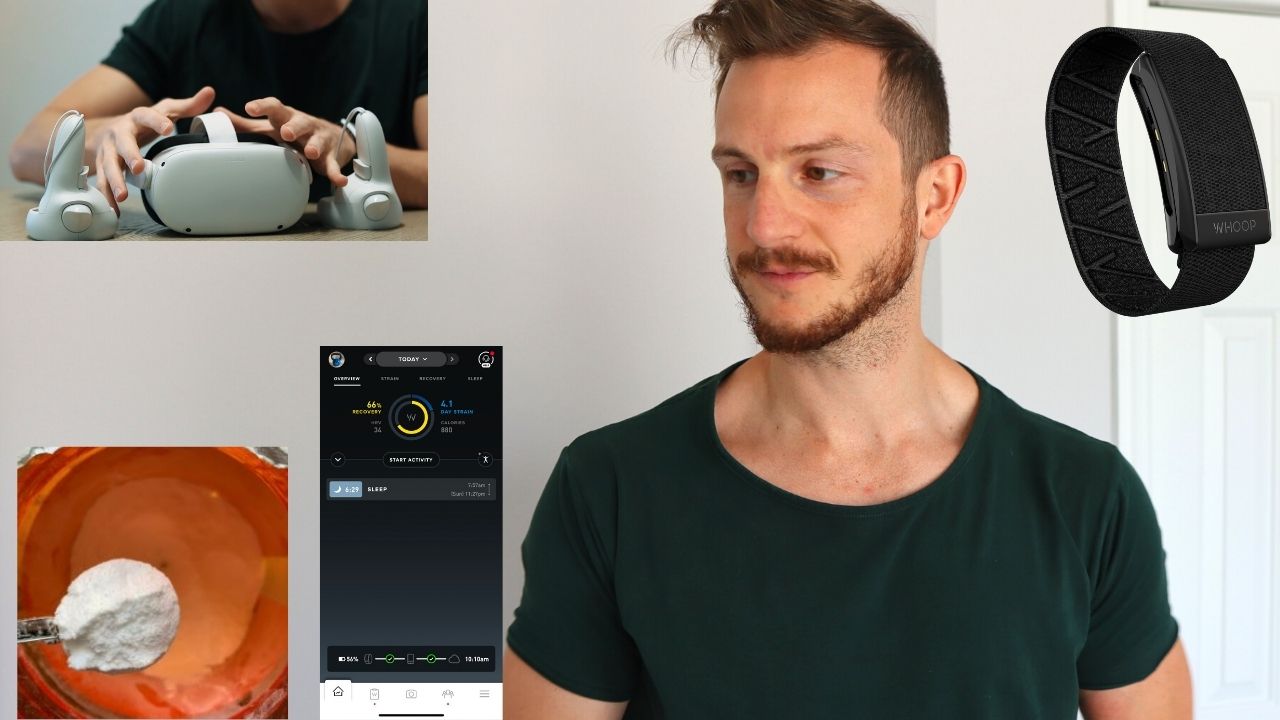
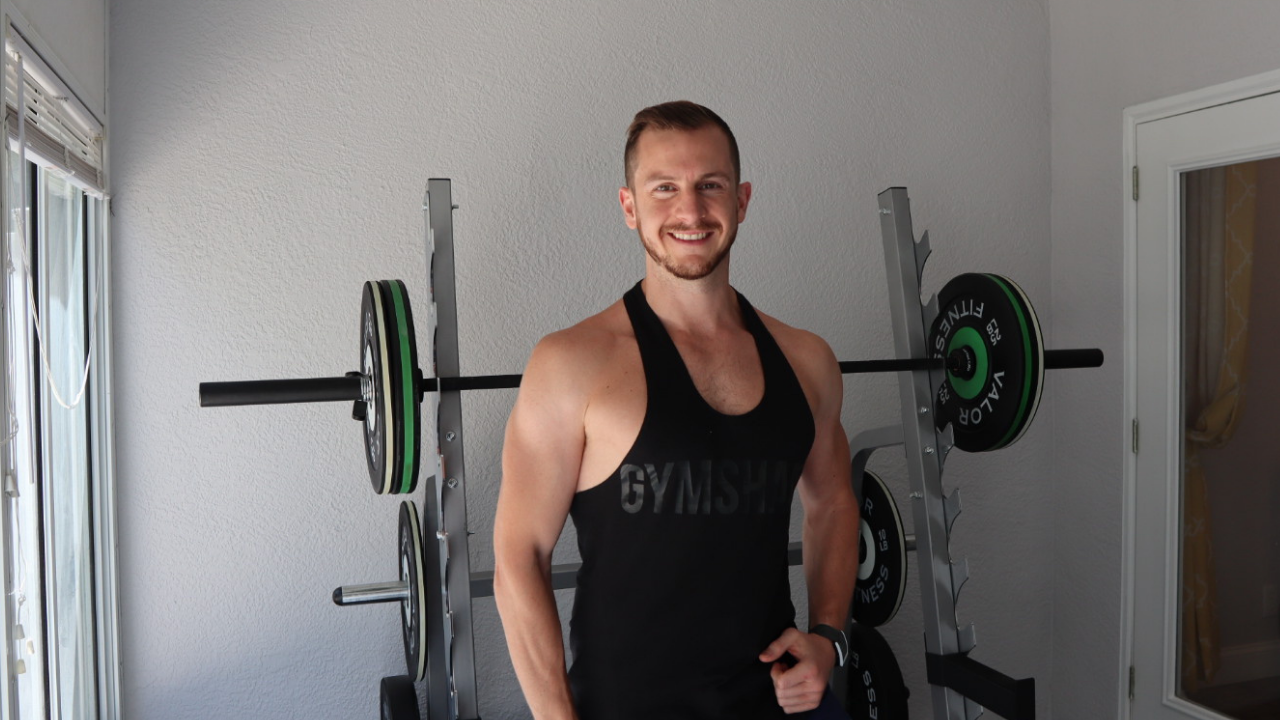

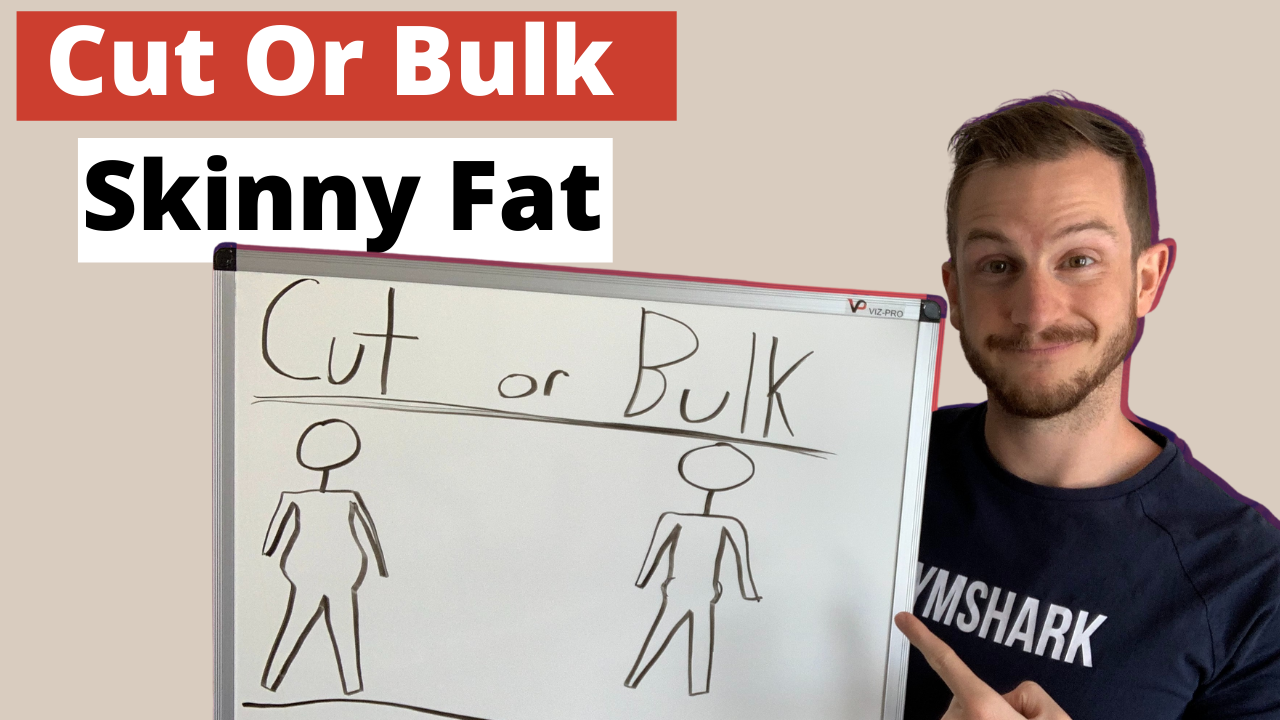
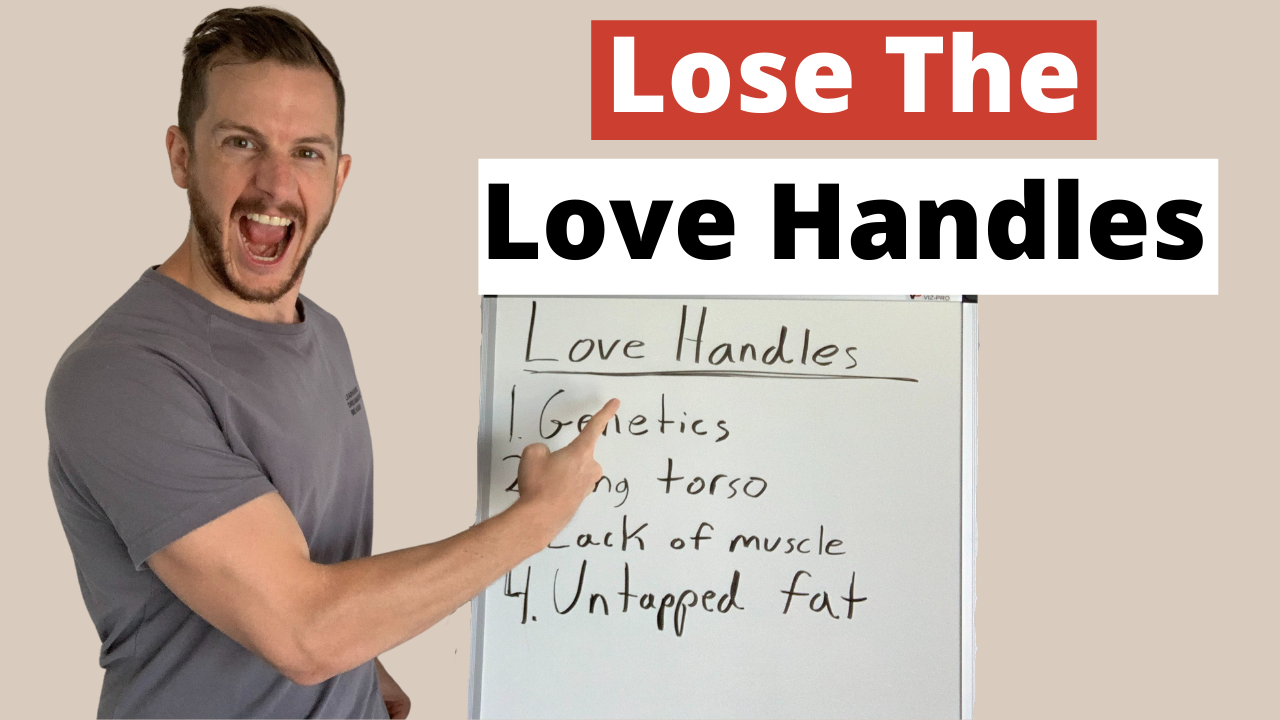

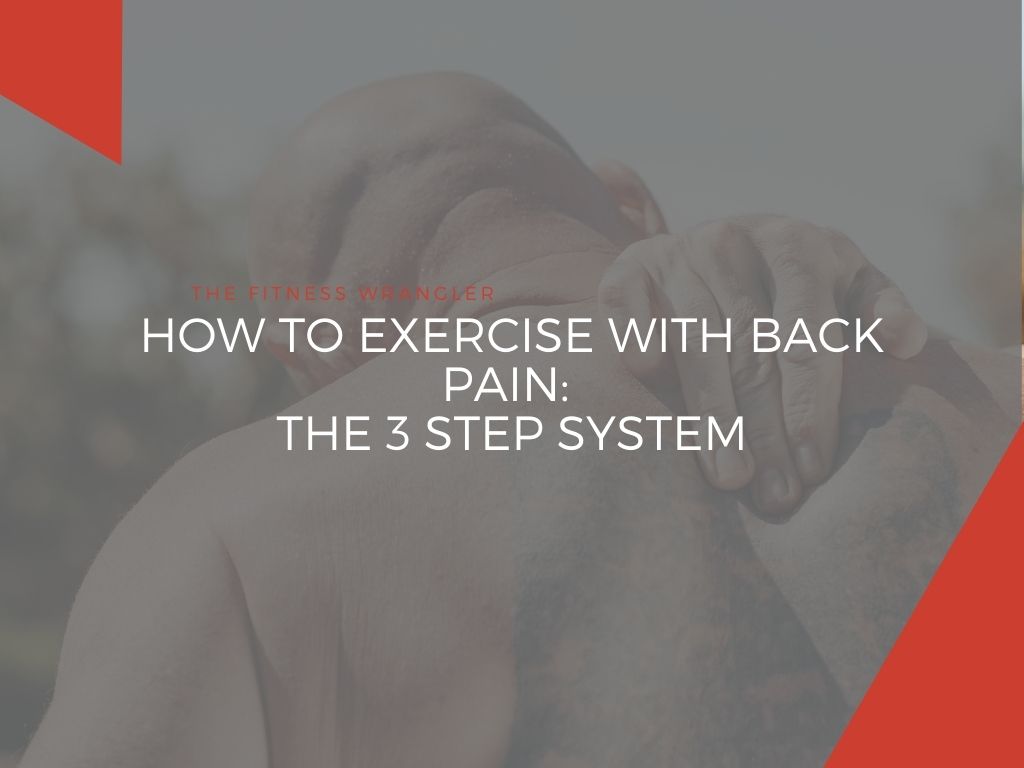
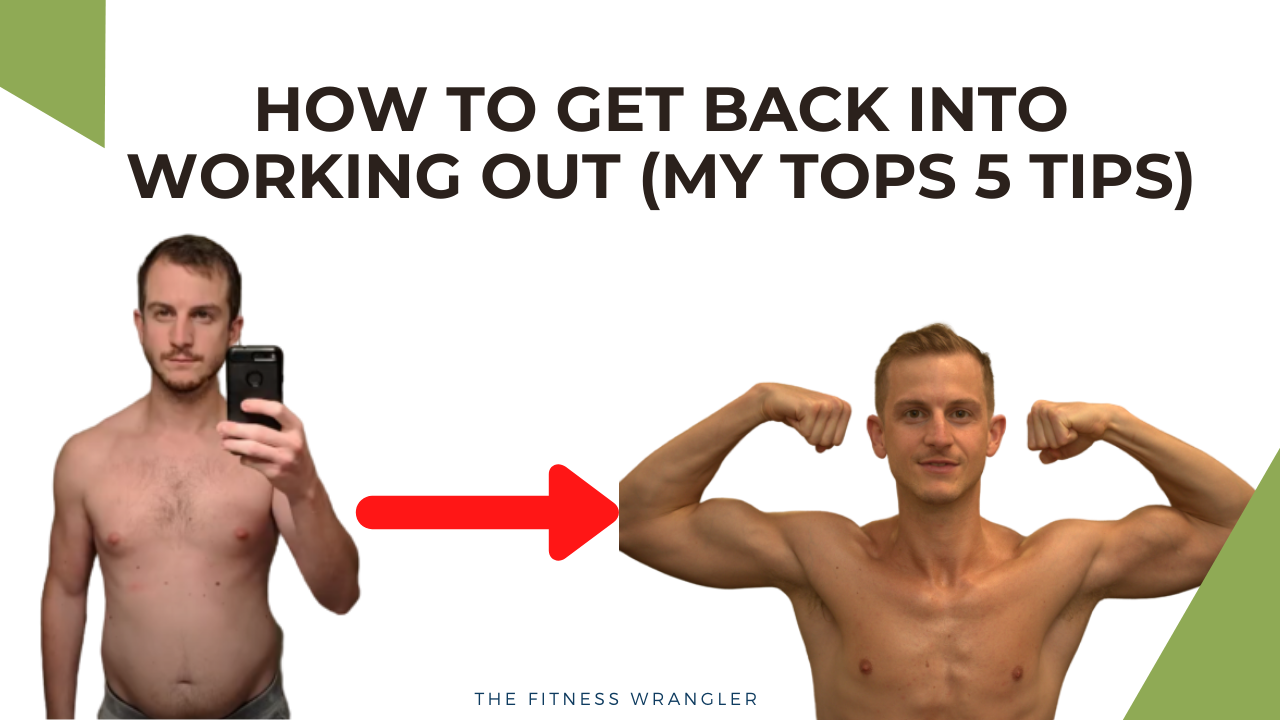
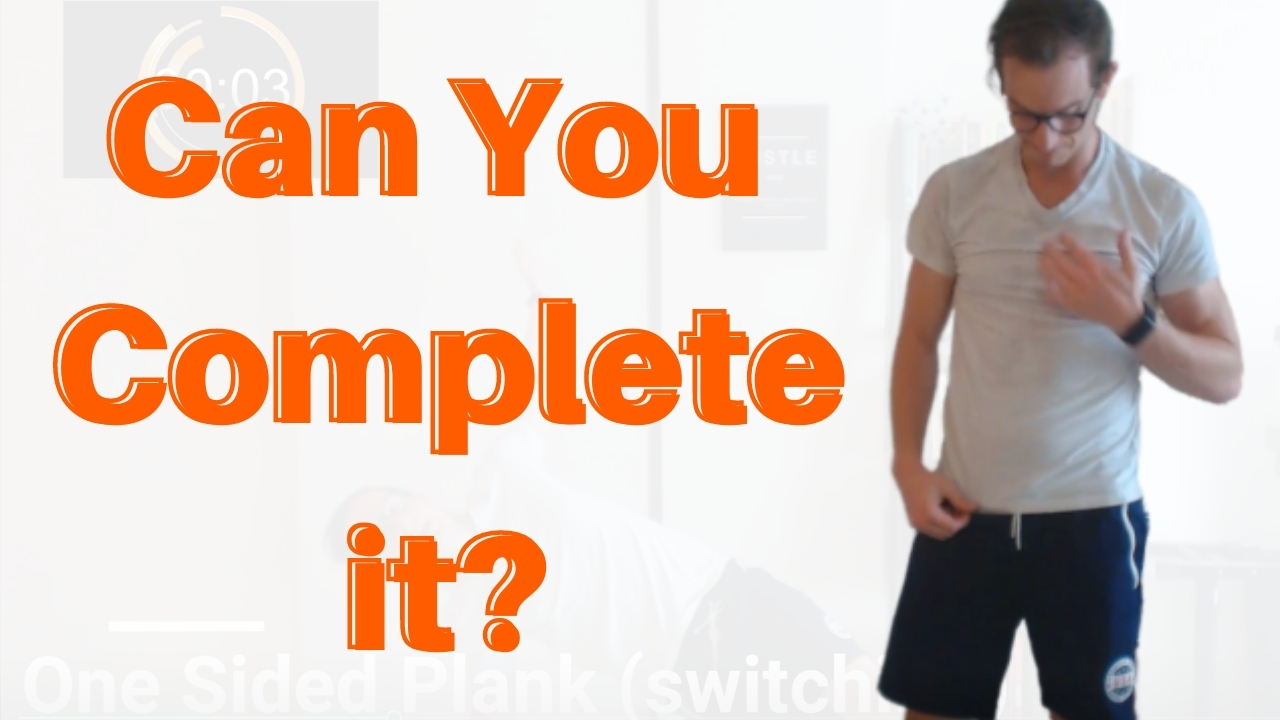

Leave A Comment